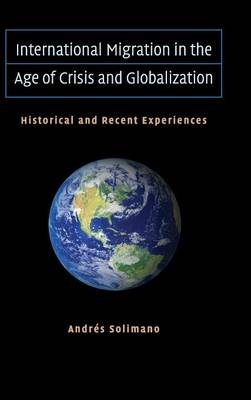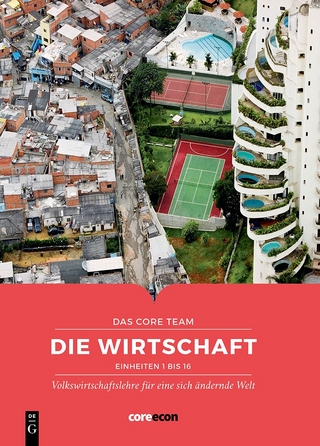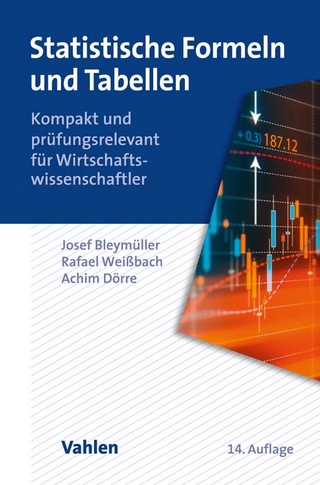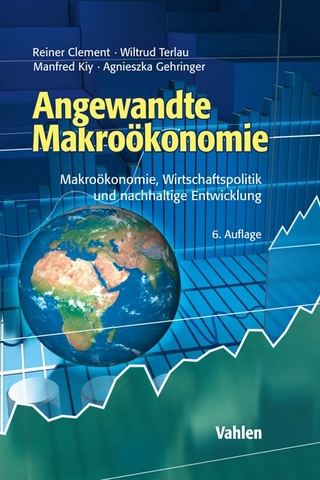
International Migration in the Age of Crisis and Globalization
Cambridge University Press (Verlag)
978-0-521-19425-9 (ISBN)
The international mobility of people and elites is a main feature of the global economy of today. Immigration augments the labor force in receiving countries and provides many of the bodies and minds that are essential to any vibrant economy. This book is based on a blend of theory, varied country examples, and rich historical material ranging from the mid-nineteenth century to the early twenty-first century. It discusses the conceptual underpinnings of the push and pull factors of current migration waves and their impacts for development on the source and receiving countries. The analysis reviews the historical context under which various migration experiences have taken place - both in periods of internationalism and nationalism - in order to contribute to debates on the desirability of and tensions and costs involved in the current process of international migration.
Andrés Solimano is founder and Chairman of the International Center for Globalization and Development. He holds a PhD in Economics from the Massachusetts Institute of Technology. Dr Solimano was a Regional Advisor at the United Nations Economic Commission for Latin America and the Caribbean, Country Director at the World Bank and Executive Director at the Inter-American Development Bank. He was also Director of the project on International Mobility of Talent with the United Nations University-World Institute of Economic Research and served as Executive Director for Chile at the Board of the Inter-American Development Bank. Dr Solimano has written extensively on international migration, talent mobility, growth, inequality, political economy, macroeconomics and international development.
1. Introduction: understanding the trends, themes, and strata of international migration; 2. Why people move or stay put: international migration is the result of compelling and conflicting factors; 3. What happens when international migration happens? The dilemmas posed by migration; 4. How empires, policy regimes, and economic imperatives influenced the mobility of capital and people in the 20th century; 5. Latin America: where volatile economic development, political crises, poverty, and remittance income is a laboratory for studying the determinants of international migration; 6. Who migrates and what they offer: a focus on people and elites with talent, knowledge, and entrepreneurial skills; 7. International migration requires that the global community put it effectively on its agenda.
| Erscheint lt. Verlag | 5.7.2010 |
|---|---|
| Zusatzinfo | 19 Tables, unspecified; 11 Line drawings, unspecified |
| Verlagsort | Cambridge |
| Sprache | englisch |
| Maße | 155 x 229 mm |
| Gewicht | 520 g |
| Themenwelt | Sozialwissenschaften ► Soziologie |
| Wirtschaft ► Volkswirtschaftslehre ► Makroökonomie | |
| Wirtschaft ► Volkswirtschaftslehre ► Wirtschaftspolitik | |
| ISBN-10 | 0-521-19425-3 / 0521194253 |
| ISBN-13 | 978-0-521-19425-9 / 9780521194259 |
| Zustand | Neuware |
| Haben Sie eine Frage zum Produkt? |
aus dem Bereich


